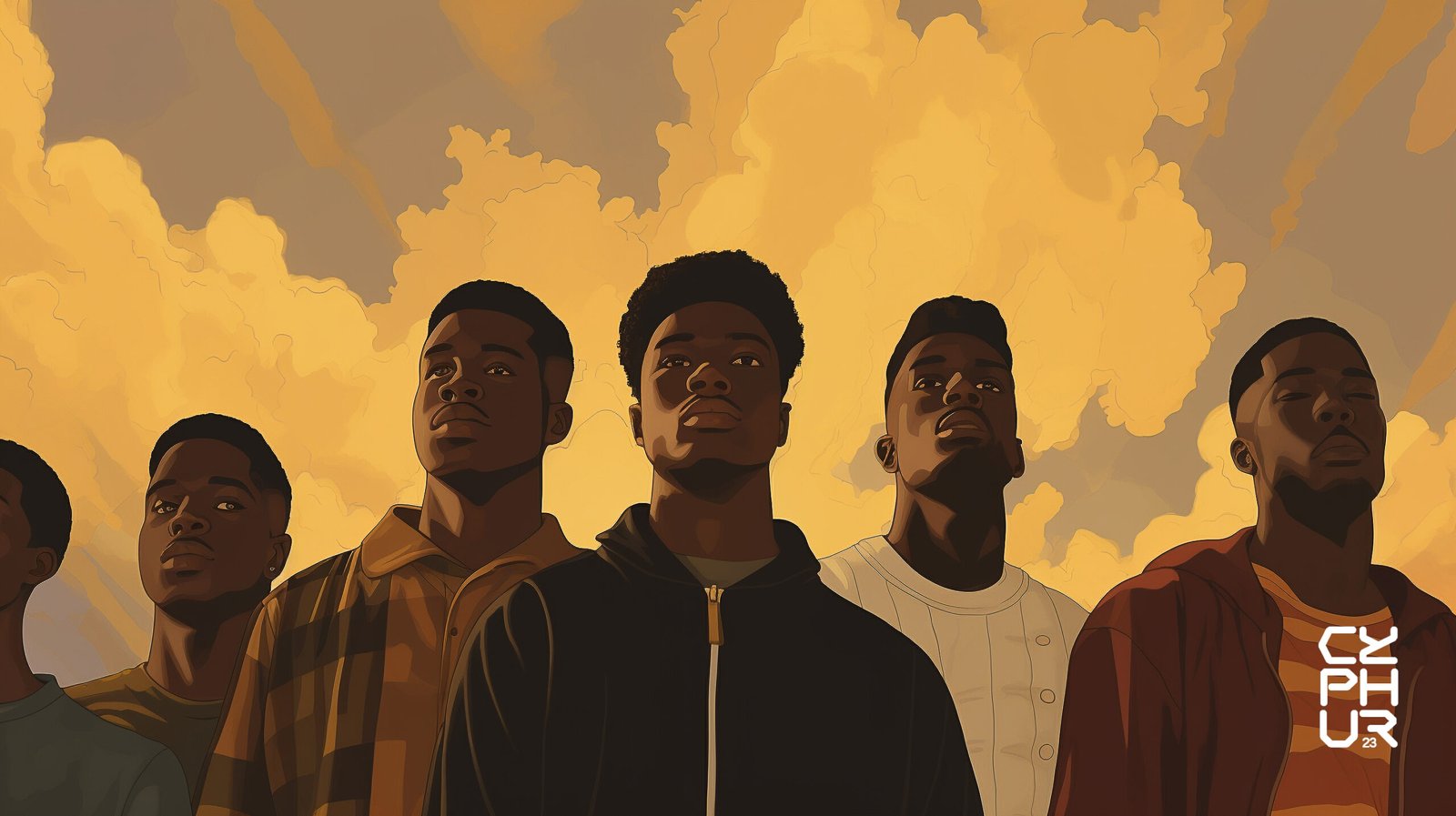In the pursuit of equality, it is crucial to examine the complexities of Black masculinity and the unique challenges faced by Black men in our society. Breaking free from stereotypes and redefining notions of manhood are essential steps toward achieving true equity. In this article, we delve into the multifaceted nature of Black masculinity, exploring issues of representation, stereotypes, and the intersectionality of gender and race.
Black men have long been subjected to harmful stereotypes that perpetuate negative narratives and limit their potential. Media representations often portray them as hypermasculine, aggressive, and threatening, reinforcing societal biases and perpetuating systemic injustice. Such portrayals not only marginalize Black men but also shape public perceptions and contribute to the disparities they face in various spheres of life, including education, employment, and criminal justice.
To combat these stereotypes, it is essential to highlight diverse narratives and celebrate the accomplishments and contributions of Black men. By showcasing their successes in various fields such as arts, sciences, sports, and community leadership, we can challenge preconceived notions and provide positive role models for younger generations. Representation matters, and amplifying the voices and achievements of Black men can inspire others and reshape societal perceptions.
Moreover, it is crucial to recognize the intersectionality of gender and race in the experiences of Black men. Black masculinity is not a monolithic concept but one that is shaped by the interplay of race, gender, class, and other social factors. Black men navigate a complex landscape where they must confront both racism and sexism, often facing unique challenges that require nuanced understanding and support.
In redefining masculinity, it is essential to embrace and promote values that promote empathy, emotional intelligence, and healthy expressions of masculinity. Challenging toxic masculinity norms that stifle vulnerability, emotional connection, and holistic well-being is key to creating a more inclusive and equitable society. By encouraging open conversations and fostering safe spaces for self-reflection and growth, we can empower Black men to embrace their authentic selves and reject harmful stereotypes.
Education and mentorship play vital roles in this process. By providing resources and support systems, we can equip young Black men with the tools to navigate societal expectations, break free from limiting narratives, and cultivate their full potential. Engaging in discussions around consent, healthy relationships, mental health, and self-care can contribute to a more compassionate and equitable understanding of manhood.
As we strive for equality, it is important to recognize that redefining masculinity is not about diminishing the experiences of other genders but rather about dismantling oppressive systems that harm us all. By dismantling gender hierarchies and promoting intersectional feminism, we create space for all individuals to thrive and challenge the limitations imposed by society.
Redefining Black masculinity is an integral part of the fight for equality. By challenging stereotypes, amplifying diverse narratives, and fostering inclusive conversations, we can create a society where Black men are valued, respected, and able to thrive. Embracing a more nuanced and compassionate understanding of masculinity not only benefits Black men but also contributes to a more equitable and inclusive future for all.
